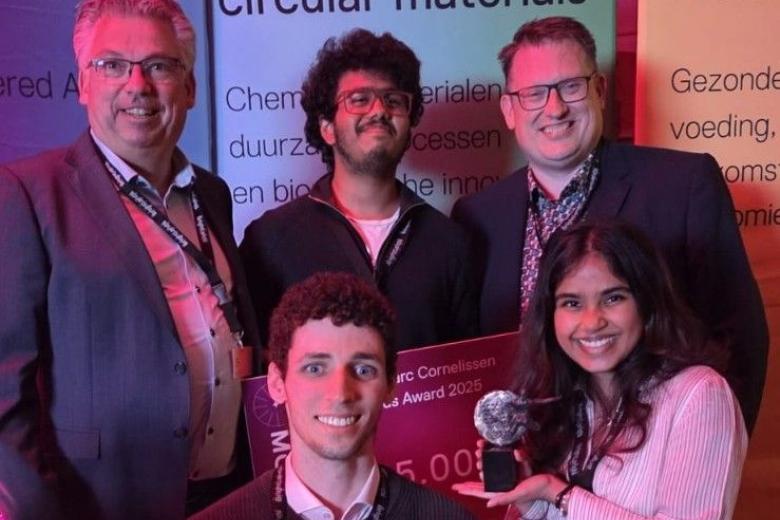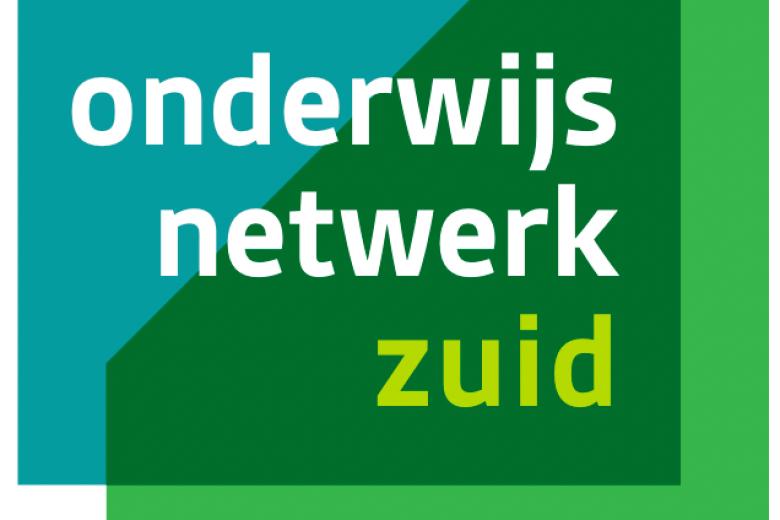German Thesis Award for Anna Beckers
Anna Beckers, who defended her thesis at Maastricht University in October 2014 with cum laude, receives the second prize in the humanities category of the German Thesis Award in Berlin on 26 November. The Körber Foundation as founder of the prize values the outstanding academic quality and significant societal impact of her thesis ‘Taking Corporate Codes Seriously: Towards Private Law Enforcement of Voluntary Corporate Social Responsibility Codes’.
The distinguished thesis deals with corporate codes of conduct, which are guidelines that companies develop and publish to show the global public their commitment to respect human rights, to improve workplace standards and to protect the environment. Using methods of comparative law and sociological jurisprudence, Anna Beckers researched what legal consequences these codes have. The main argument advocated in the thesis is that these corporate codes can and should be enforced with private law means. She outlines legal policy recommendations with a particular focus on German and English private law. The commercial edition of the dissertation has just been published by Hart Publishing Oxford (http://www.hartpub.co.uk/BookDetails.aspx?ISBN=9781849468992)
The German Thesis Award (Deutscher Studienpreis) is a prestigious prize in Germany awarded by the Körber Foundation (Körber-Stiftung). Annually there are nine prizes awarded in three categories: humanities, natural sciences and social sciences. In each category, one first prize and two second prizes are awarded. Anna Beckers receives the second prize in the category humanities. 418 PhD’s applied for the prize, thirty candidates were invited to Berlin to present and defend their research in front of a committee.
Anna Beckers is attached to the faculty of law as Assistant Professor of Private Law and Legal Methodology. During this academic year, she is on leave as Max Weber Fellow at the European University Institute.
Also read
-
Roy Broersma (CEI): Guiding Aestuarium from idea to venture
Roy Broersma, director of the Center for Entrepreneurship & Innovation (CEI) at SBE, has been closely involved in guiding Aestuarium from an early student startup to a growing venture. From spotting their potential during the Brightlands Startup Challenge supporting them through CEI.
-
Despite a less tight labour market no end to shortages in healthcare, education, and tech
Interesting new findings in the report 'The Labour Market by Education and Occupation until 2030' from the Research Centre for Education and the Labour Market (ROA) at Maastricht University.
-
A strong education network for Brabant and Limburg: better alignment, less dropout
On November 24, 2025, secondary schools (VO) and higher education institutions (HO) in Brabant and Limburg signed up for the Education Network South Netherlands: one VO-HO network that will improve the flow of students to further education and reduce dropout rates.